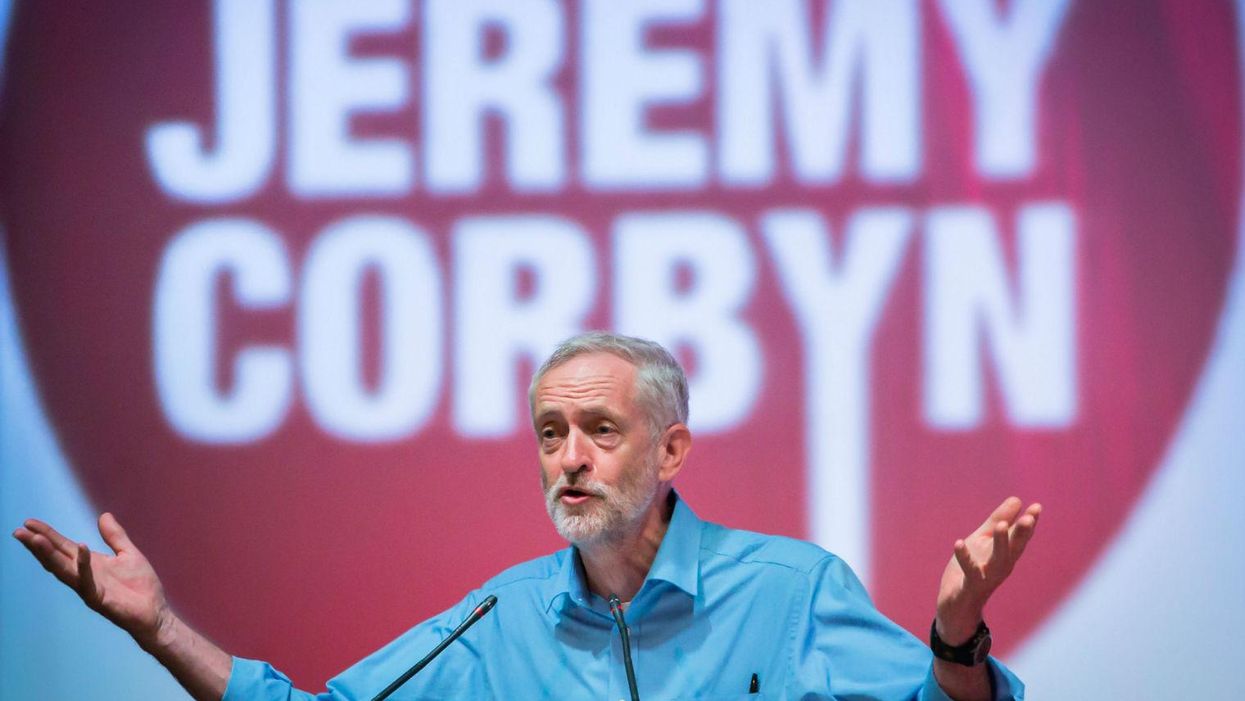News

(Picture: PA
What are Jeremy Corbyn’s plans for Britain’s railway network?
He is promising to introduce a renationalisation of the railways as one his first pieces of legislation – should he win the Labour leadership and then a general election in 2020.
Train operating companies, who run the services, would no longer have their franchises renewed. And the private rolling stock companies (Roscos) who own the trains would be renationalised.
Mr Corbyn would also create regional transport bodies tasked with ensuring that all transport networks were fully integrated with rail services, on the model of Transport for London.
Why does he say this is a good idea?
The main argument he makes is one of cost. He said yesterday that services in the UK remained the most expensive in Europe, with pricing that punished people travelling at short notice.
He believes that rail renationalisation would bring to an end “rip-off” fares. He also claims that putting railways back into public hands – and passing power down to regional transport authorities – would ensure that decisions are made in the interests of travellers and not profits.
Is he right in saying that renationalisation would bring an end to “rip-off fares”?
Not necessarily. The reasons fares have been rising above the rate of inflation is not so much to fuel the profits of private rail firms but to pay for the massive upgrades in track and stations which for years were starved of investment.
The Government wants to reduce the £4bn annual subsidy that the taxpayer shells out to keep the railways running.
It is true the rail franchises make millions of pounds in profits and this would be saved if the rail companies were renationalised. But opponents say this is a comparatively small amount given the total costs involved, and that private expertise means that they are running the system more efficiently than would be the case if they were run by the state.
But as Prime Minister of a renationalised railway surely he could reduce fares if he wanted to?
Of course – but the money would have to be found from somewhere. The reason Continental railways are cheaper is that historically they have had higher rates of public subsidy. We could do that in Britain, too – and there are good arguments that we should, given the importance of railways to business and the environment – but one way or the other, we’ll pay.
More: Watching this clip from 1984, we're not sure how it's taken Jeremy Corbyn so long to be elected
Top 100
The Conversation (0)













